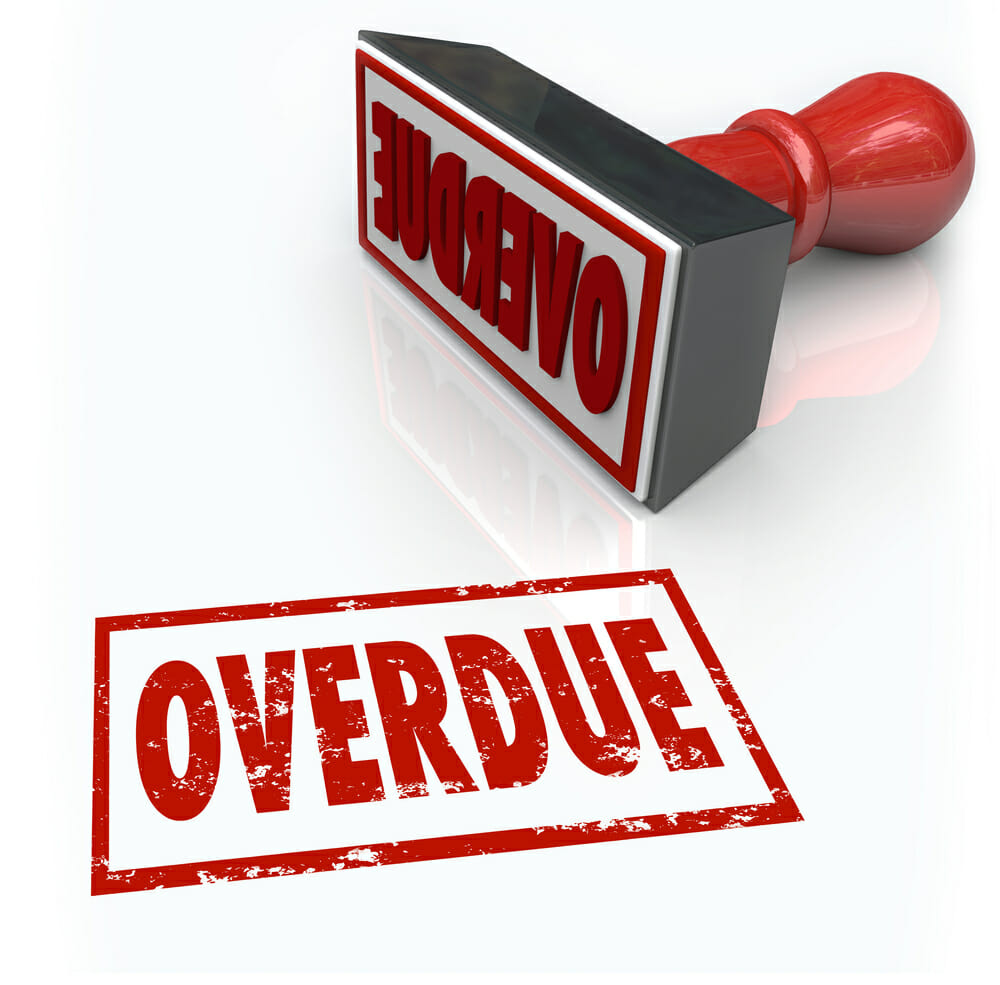
{Read in 6 Minutes} As a Trusts and Estates attorney, I am often helping an Executor or an Administrator handle the business of an Estate. What everyone wants to know — both my clients and beneficiaries alike — is when will this be over? Executors often have a daunting job depending on the state of affairs that the deceased left behind. And of course, the beneficiaries want to receive their inheritance sooner rather than later.
So, how long does it take? Well, let me give you every lawyer’s favorite answer, which, coincidentally, is every client’s least-favorite answer: “It depends.”
Why do I say this? Well, like anything else, an Estate can either be incredibly simple or very complicated, and it’s not just about whether there is a lot of money on the table. For example, if someone died with less than $50,000 in assets payable to their Estate, the Surrogate’s Court would allow an expedited process to collect the assets and pay out monies owed to creditors and beneficiaries. If the deceased has no known close relatives, it may be necessary for my client to hire a genealogist to sketch out the family tree so that the Surrogate’s Court can issue a Citation to the next-of-kin and often to the Public Administrator. Sometimes, the next-of-kin are under a legal disability, such as being minors or incarcerated individuals for whom the Court might appoint a Guardian ad Litem to protect their interests.
So, you see that it’s possible to have a very simple and expeditious matter on your hands or something with multiple layers of complications that will take a long time to resolve.
So what’s the average answer? Well, in my experience from start to finish:
•Simple Estates might take six to nine months from the time a client signs a Surrogate’s Court Petition to the time that they make final distribution of the Estate assets.
•Ordinary Estates where there are multiple beneficiaries, but no heavy litigation, the process could take from nine months on the short end to eighteen months on the long end.
•Complicated Estates, for example, those where there is litigation, depositions, motions for summary judgment, or even a trial surrounding the probate process. Perhaps the Estate has to file an estate tax return. Or perhaps the Estate makes residuary bequests to charitable organizations that require submitting an accounting to the Charities Bureau of the NYS Attorney General’s Office. For any of these, or several other complicating factors, it could take years, perhaps two on the short side to four or even five on the longer side.
Note that if things are taking longer than people have hoped, there are some things that the Executor can do to provide some relief. For example:
1. The Court can always appoint a Preliminary Executor to start handling the affairs of the Estate, such as paying expenses, reimbursing funeral and other creditors, and ongoing payment of expenses, such as the legal fees, accountant fees, appraisal fees, property upkeep fees, et cetera. It’s always best if these costs can be paid out of the Estate, even while the matter is pending, rather than out of someone’s pocket, who will be waiting to be reimbursed.
2. Executors can make preliminary distributions to beneficiaries, once the Court admits the Will to probate, there’s nothing that says that all payments need to wait until the end. In fact, many Executors will choose to make preliminary distributions to the beneficiaries while the matter is still pending. So long as the Court has probated the Will, Executors are free to do so. But if there are ongoing disputes with creditors or tax issues that may take a long time to resolve, there’s no reason that the money needs to sit in the hands of the Executor pending final resolution. This helps in a couple of ways:
•It might reduce income taxes in Estates where that is a factor.
•Beneficiaries stop blowing up the Executor’s phone and email asking when they’re going to get paid; and of course,
•The beneficiaries appreciate getting paid.
3. Finally, remember if the Estate has non-probate assets such as life insurance policies, retirement accounts, or joint bank accounts. Beneficiaries who receive these types of assets need not wait for the Executor to complete the administration of the Estate. They can claim these portions of their inheritance immediately.
Therefore, the amount of time that this might take can vary widely. However, with a motivated Executor/Administrator and Counsel willing to brainstorm ideas, a delay may not completely frustrate the interests of everyone involved.
For more information on this topic, please contact me.

